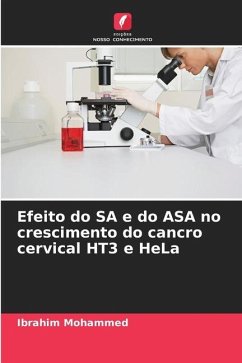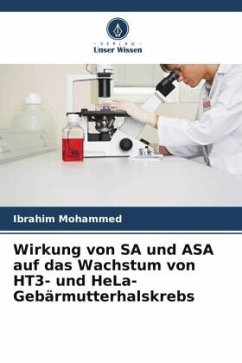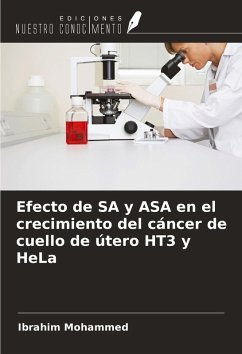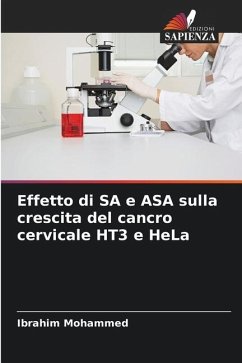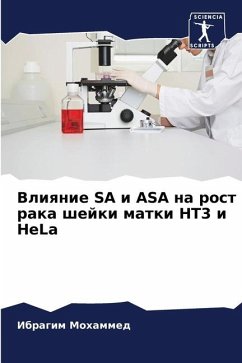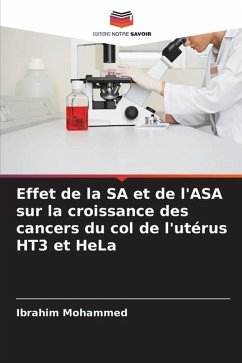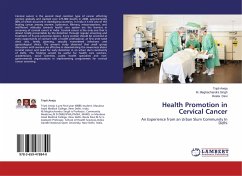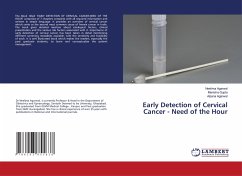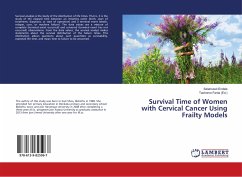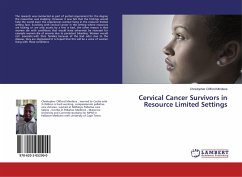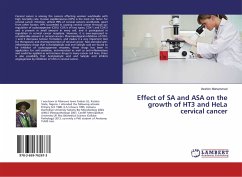
Effect of SA and ASA on the growth of HT3 and HeLa cervical cancer
Versandkostenfrei!
Versandfertig in 6-10 Tagen
24,99 €
inkl. MwSt.

PAYBACK Punkte
12 °P sammeln!
Cervical cancer is among the cancers affecting women worldwide with high mortality rate. Human papillomavirus (HPV) is the most risk factor for cervical cancer infection, almost 99% of cervical cancers worldwide, apart from other factors. HPV succeeded in causing cervical cancer through up-regulation of cyclooxygenase (COX). COX is of two types, COX-1 and COX-2 and is present in small amount in every cell, and it participated in regulation in cervical cancer neoplasia. However, it is over-expressed in considerable amount in cervical cancers. Pharmacological inhibition of COX-1 and 2 decreases ...
Cervical cancer is among the cancers affecting women worldwide with high mortality rate. Human papillomavirus (HPV) is the most risk factor for cervical cancer infection, almost 99% of cervical cancers worldwide, apart from other factors. HPV succeeded in causing cervical cancer through up-regulation of cyclooxygenase (COX). COX is of two types, COX-1 and COX-2 and is present in small amount in every cell, and it participated in regulation in cervical cancer neoplasia. However, it is over-expressed in considerable amount in cervical cancers. Pharmacological inhibition of COX-1 and 2 decreases tumour formation, and makes it a very important tool for therapeutic and chemoprevention of cervical cancer. Non-steroidal anti-inflammatory drugs that is Acetylsalicylic acid and Salicylic acid are found to be inhibitor of cyclooxygenase enzymes, these drugs has been in application for anti-oxidative, anti-microbial as well as anti-inflammatory and could be applied as anti-tumour drugs in many cancer cell lines, there is also possibility that Acetylsalicylic acid and Salicylic acid inhibits angiogenesis by inhibition of COX in cervical cancer.



